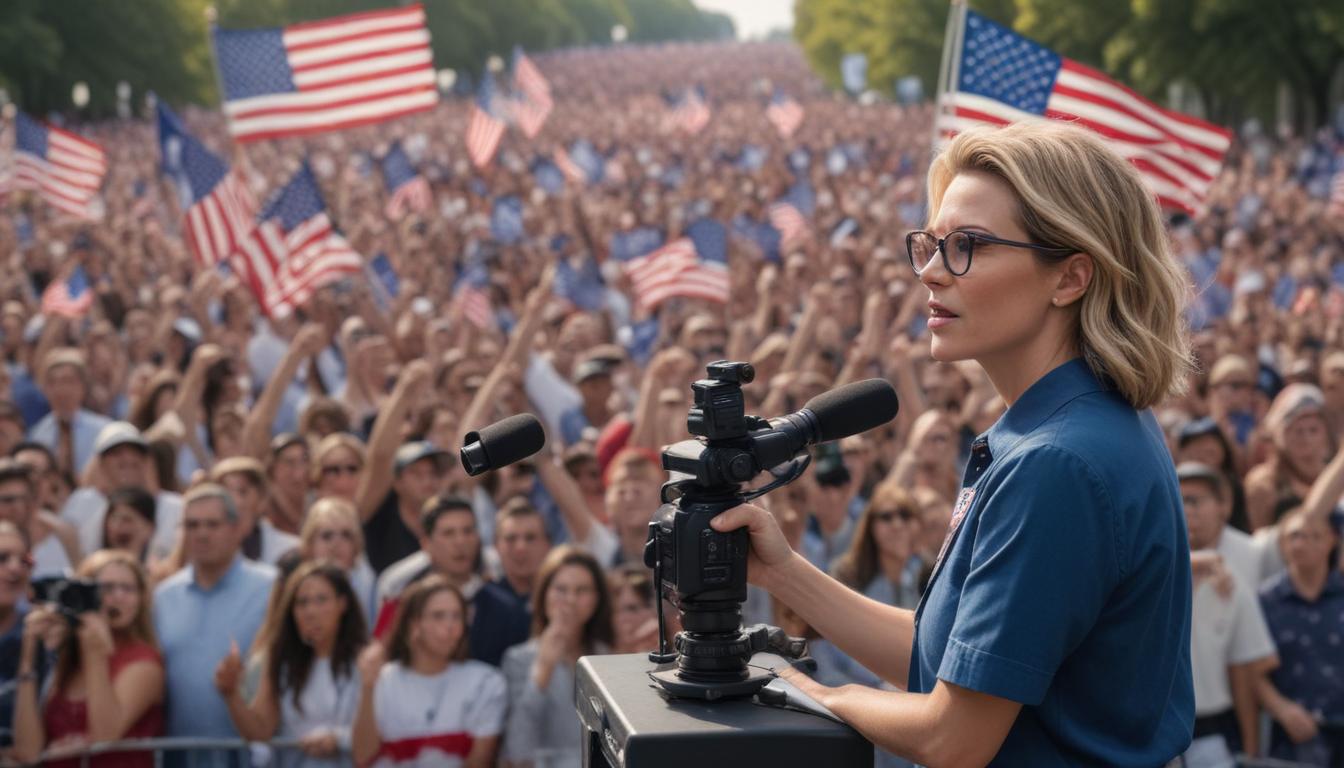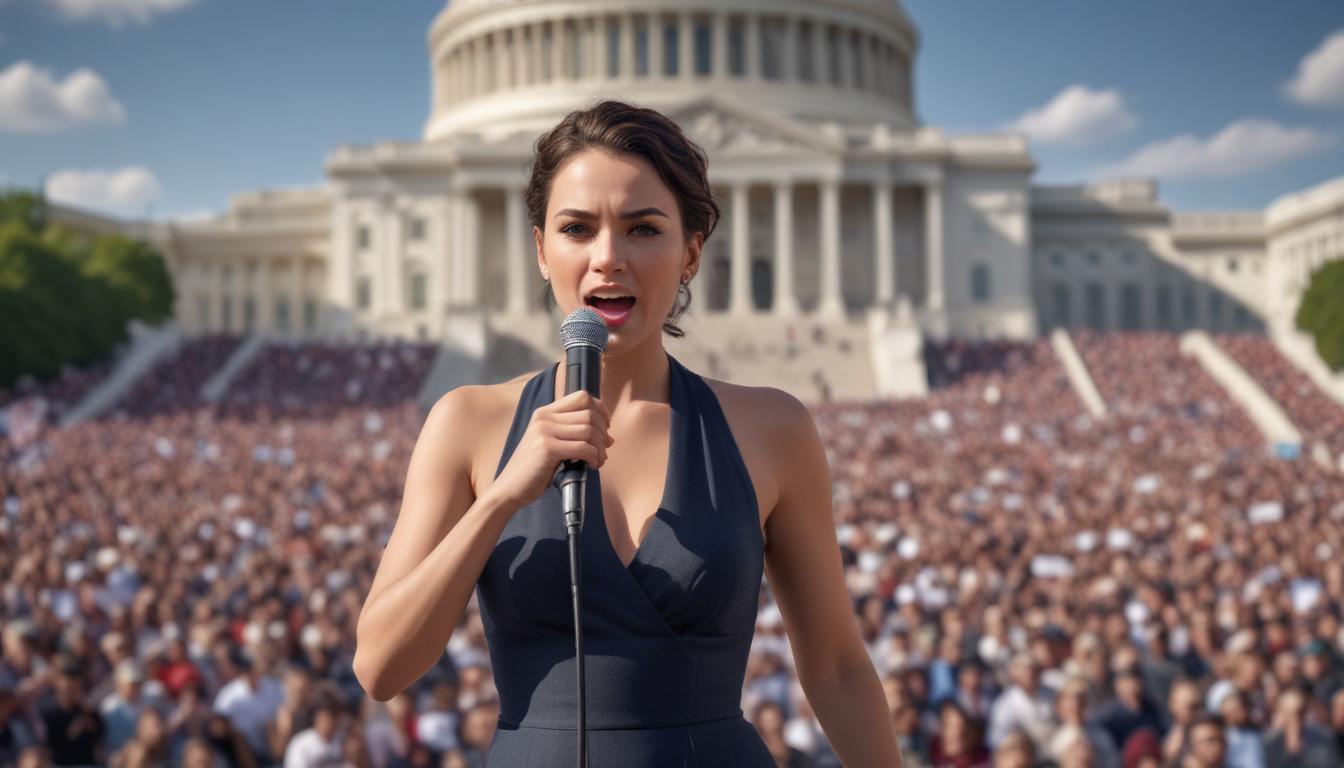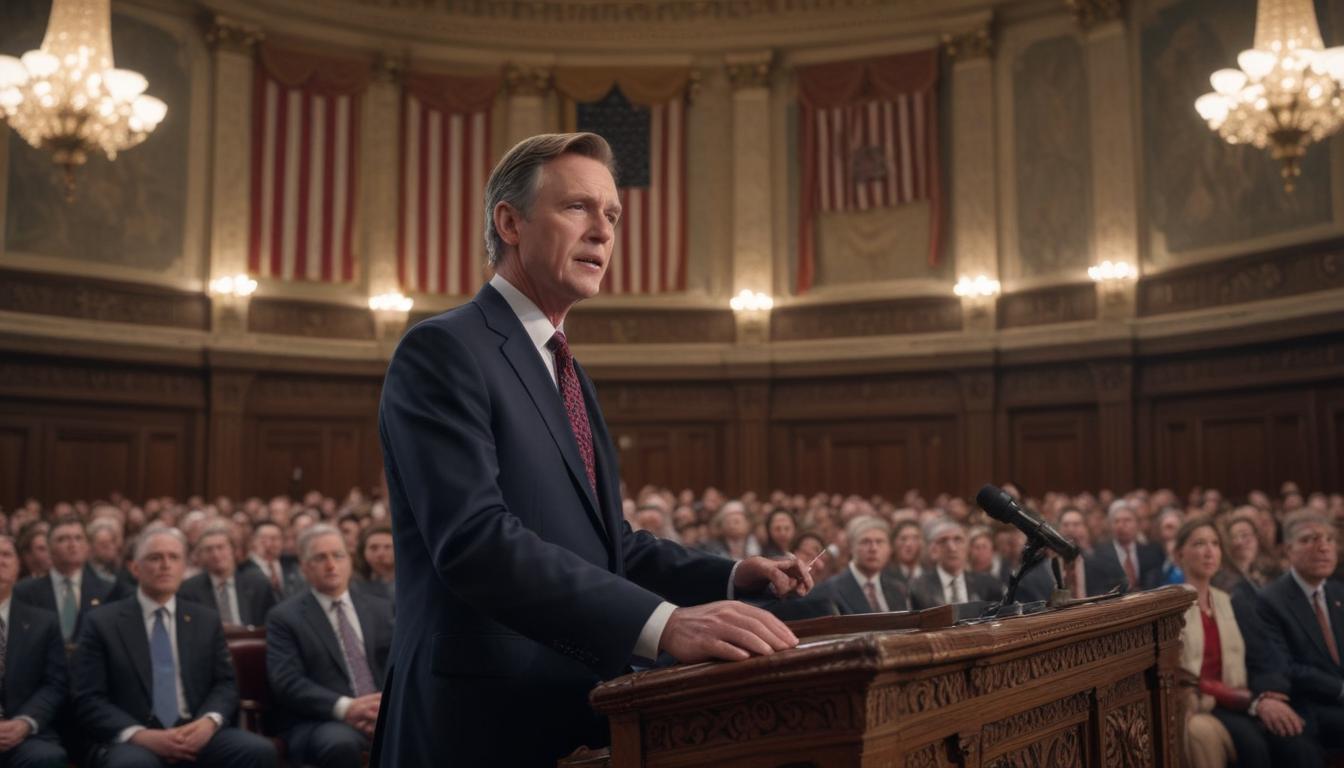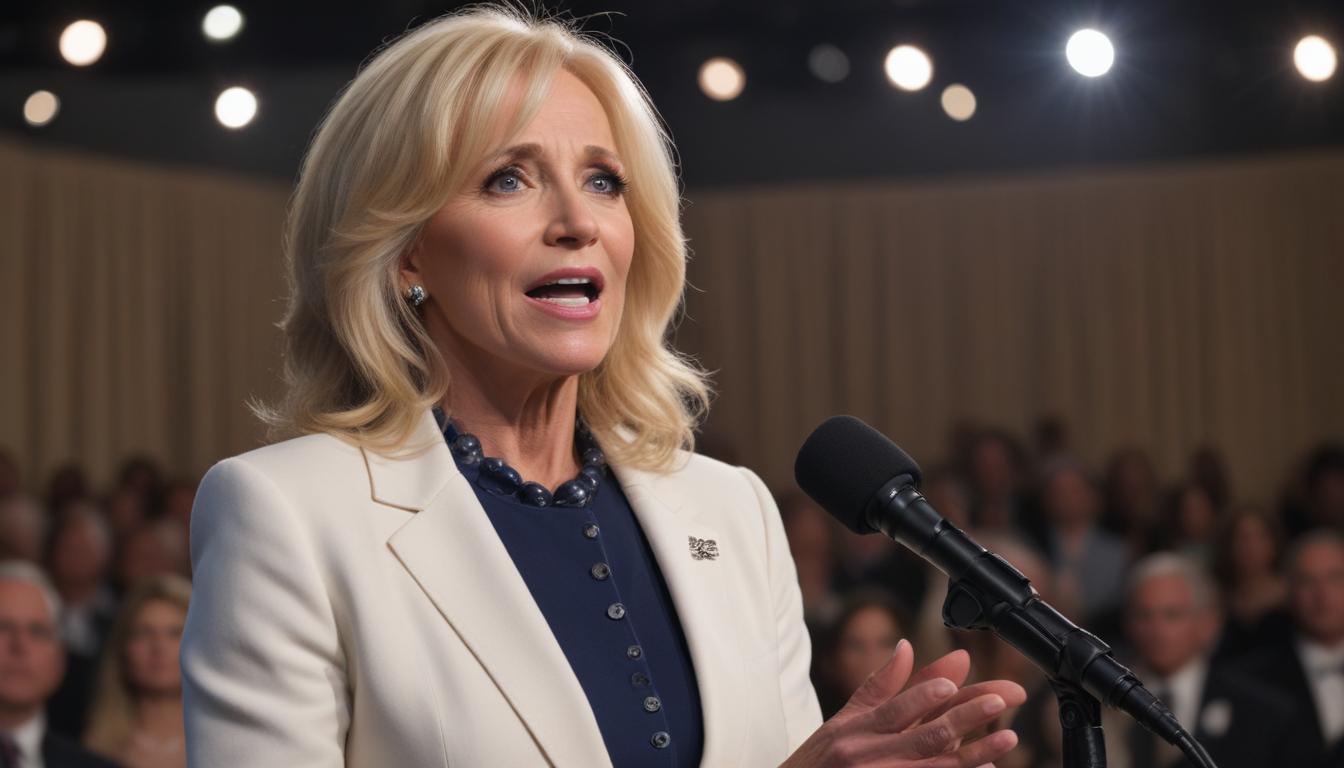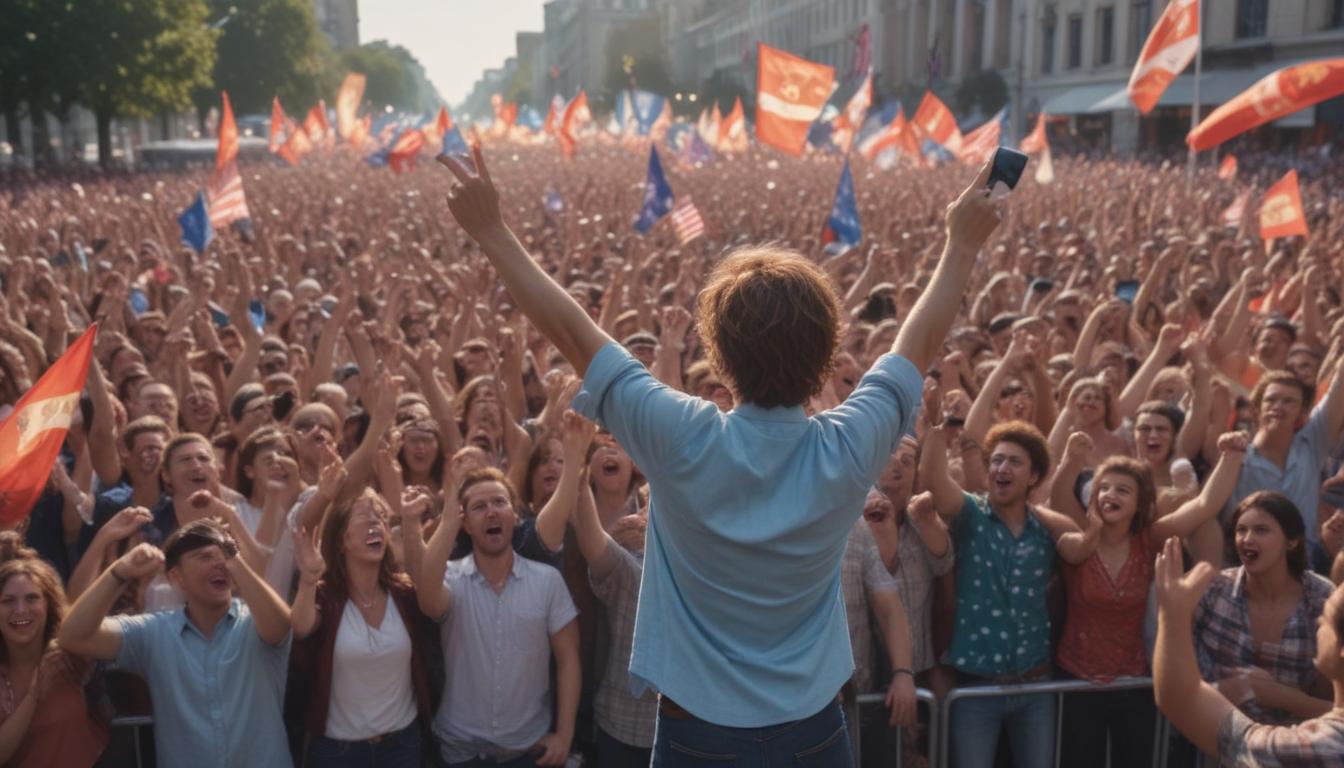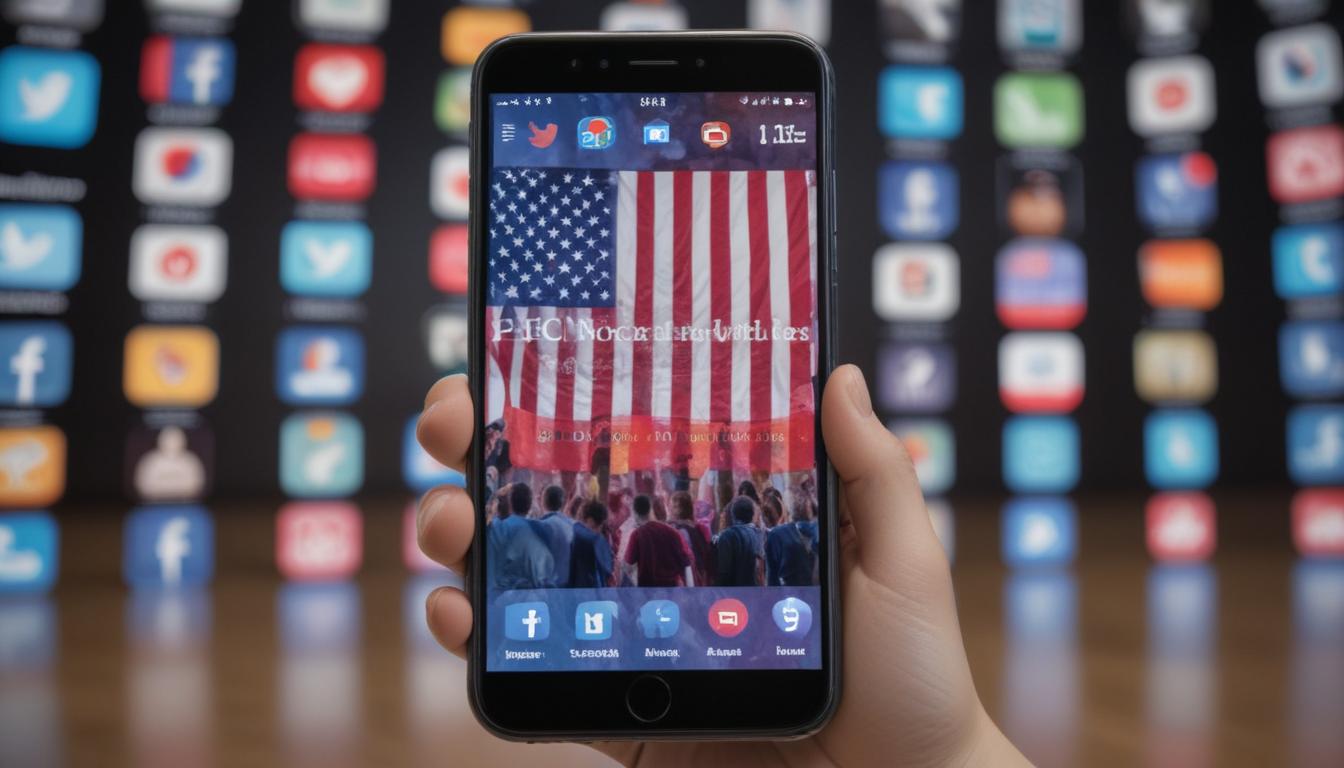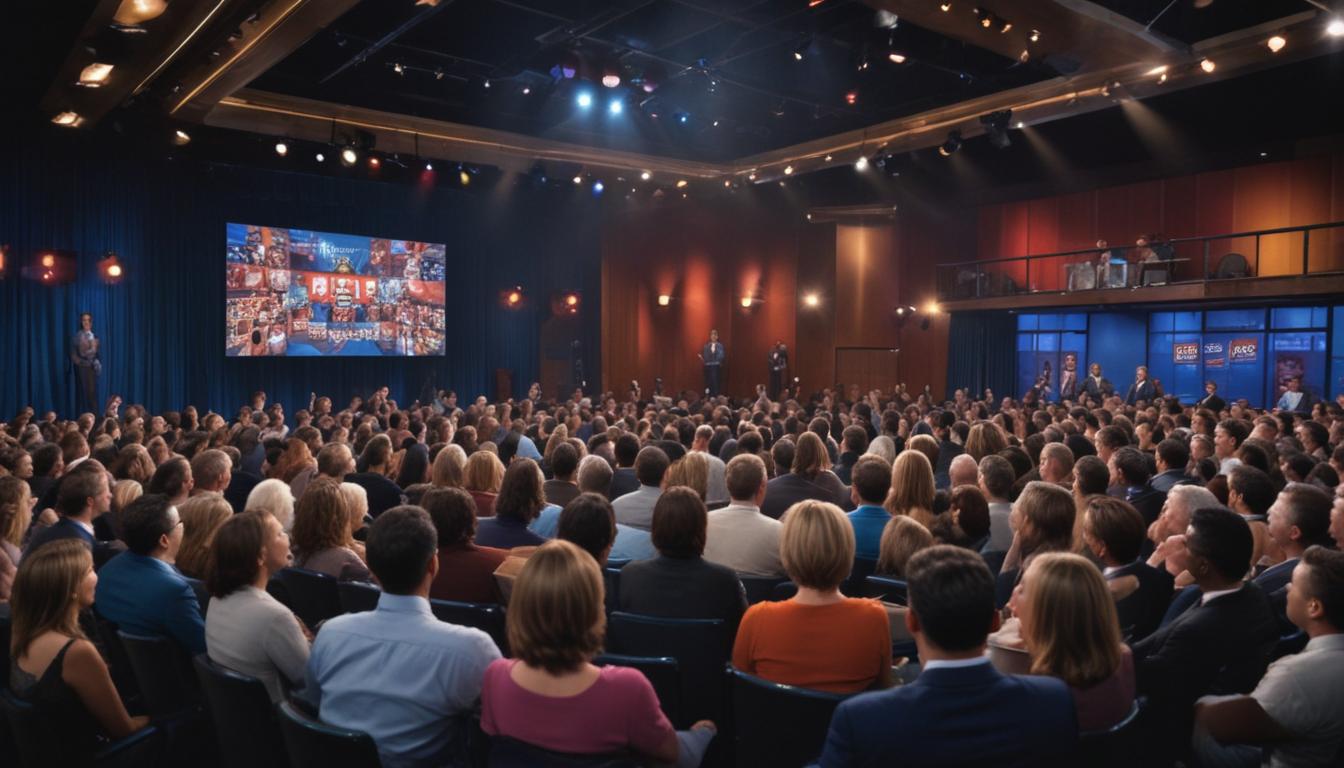How Entertainment Shapes Politics in the United States
The Rise of Celebrity Politicians
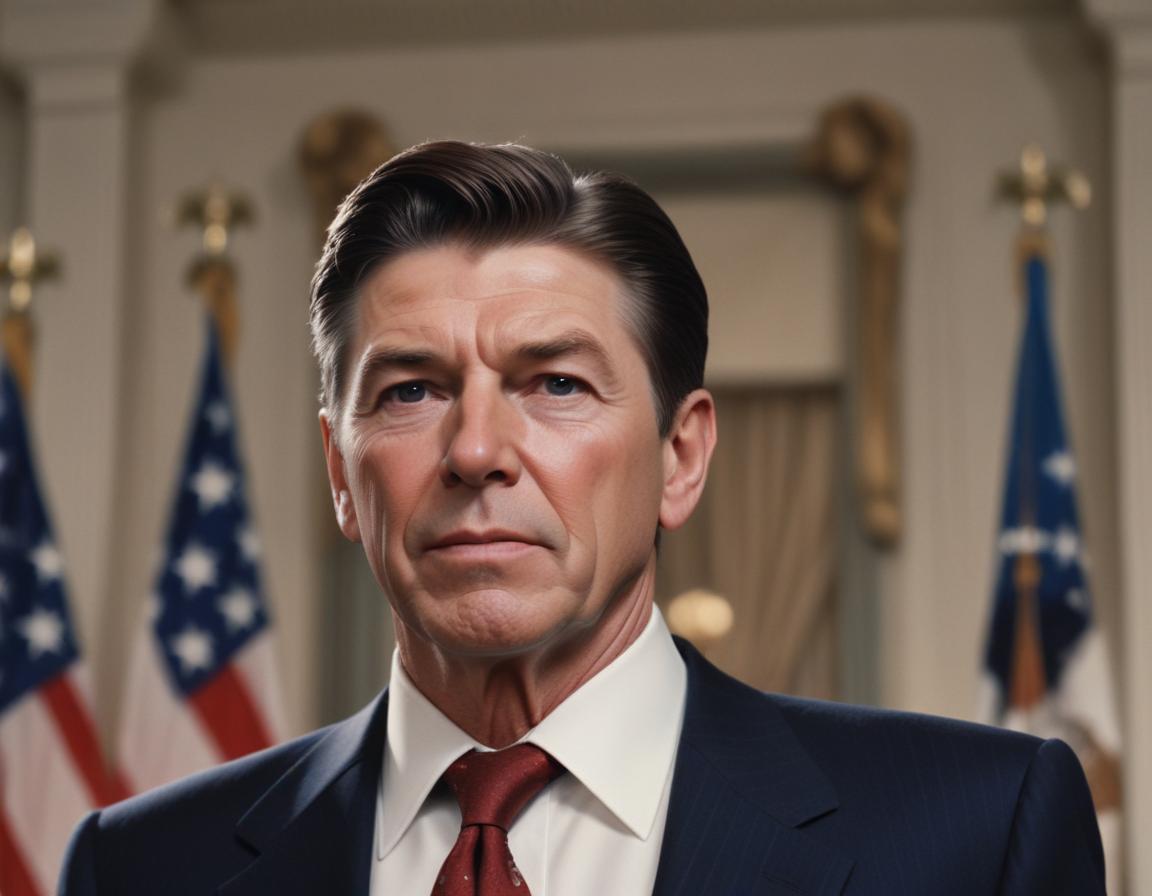
Over the years, a notable phenomenon in American politics has been the rise of entertainers transitioning into political roles. Celebrities like Ronald Reagan, Arnold Schwarzenegger, and Donald Trump have successfully leveraged their fame to break into the political arena. Their established platforms, built through years of audience engagement, provide immediate name recognition and trust.
Unlike traditional politicians, these celebrity figures connect emotionally with their audiences, oftentimes bypassing the conventional pathways of political ascent. However, their success raises questions:
- Does celebrity status overshadow political substance?
- Can it distort the democratic process?
These intriguing questions continue to shape the discourse around celebrity influence on governance. Moreover, this phenomenon has altered how political campaigns are conducted, making media appearances and public image paramount to success.
Entertainment Media as Political Commentary
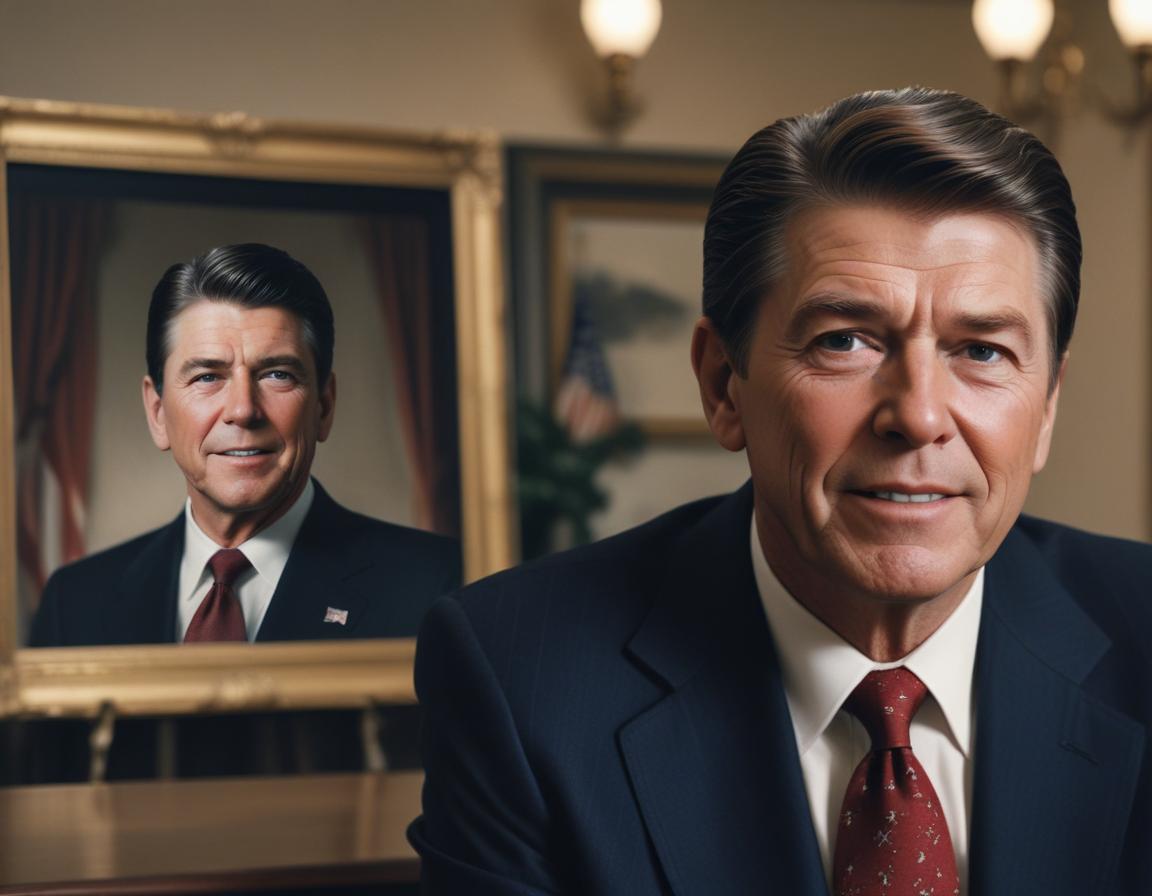
Entertainment media has emerged as a dominant platform for political commentary in the U.S. Satirical shows like The Daily Show and Saturday Night Live transform political events into digestible, often humorous segments accessible to everyday audiences. While these programs are designed primarily to entertain, their political commentary carries significant influence.
Studies show that younger audiences, in particular, stay informed through these mediums rather than traditional news outlets. This intersection between satire and serious political discussion fosters engagement but also raises concerns about:
- Potential bias in presenting political viewpoints.
- The trivialization of complex issues.
By striking a balance, entertainment media isn’t just reflecting the political climate—it’s actively shaping it.
Social Media Amplifying Politicians and Entertainers
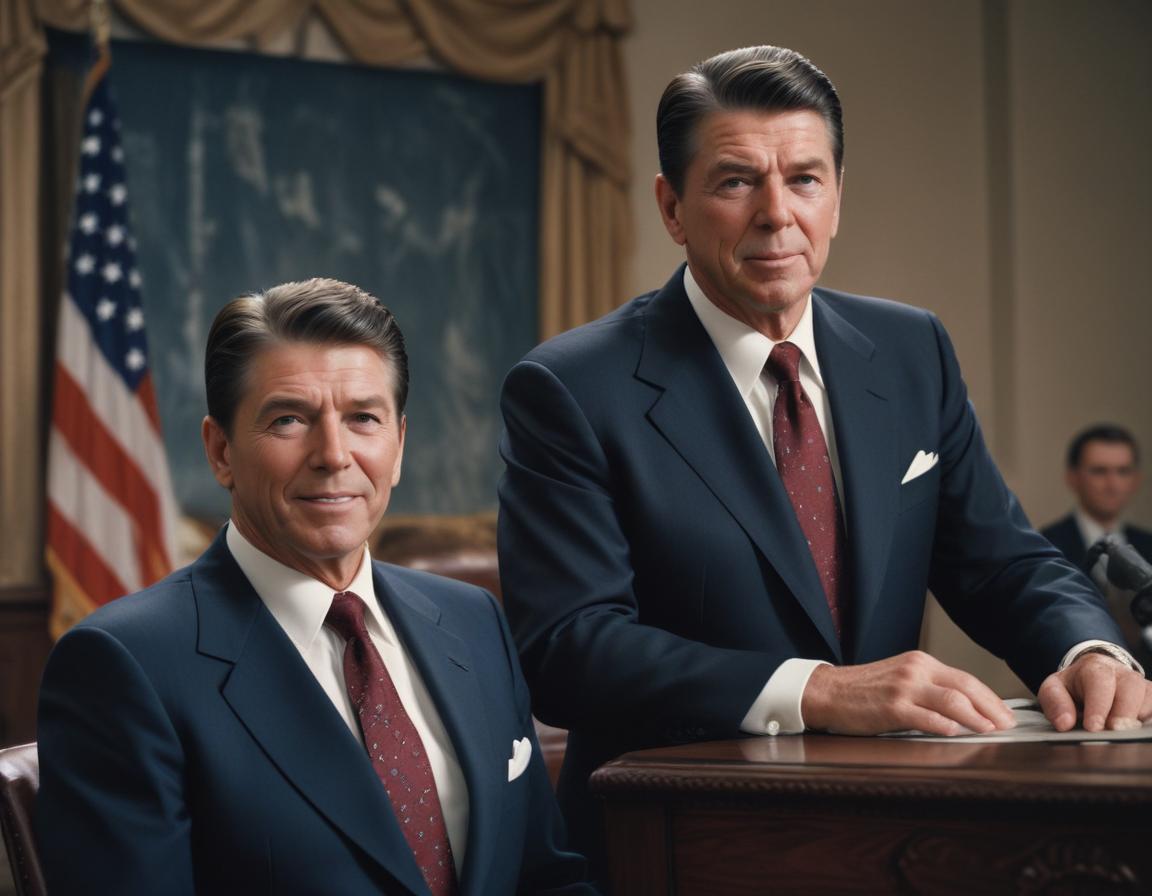
The advent of social media has profoundly influenced the fusion of entertainment and politics. Platforms like Twitter, Instagram, and TikTok enable direct, unfiltered communication between public figures and millions of people. Hashtags, viral videos, and even memes drive engagement, rapidly spreading political messages.
Today, politicians adopt strategies akin to entertainment influencers, using humor, relatability, or drama to capture attention. Simultaneously, celebrities have become outspoken on political issues, rallying followers for causes and at times endorsing policies or candidates.
However, this evolution brings significant challenges, including:
- The spread of misinformation.
- The oversimplification of complex policies.
- The rise of trolling or divisive rhetoric.
The challenge lies in ensuring that the connection between entertainment and politics fosters informed, active citizenship rather than just sensationalism.
The Double-Edged Sword
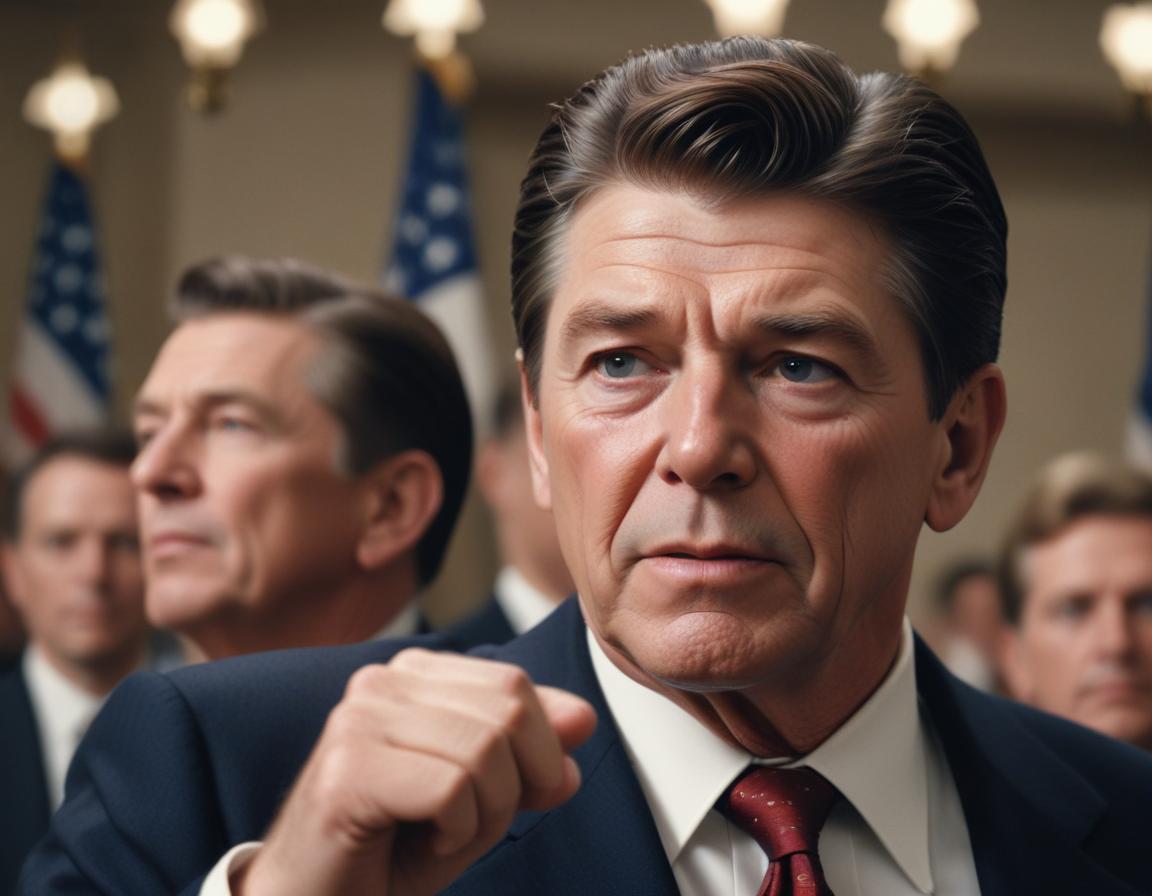
The intersection of politics and entertainment holds both promise and peril. On one hand, it democratizes political information, making it accessible to a broader audience. On the other, it risks diluting serious policy discussions in favor of spectacle and personality-driven narratives.
When celebrities or entertainers bring their platforms to politics, they can inspire engagement and focus attention on urgent societal issues. However, the downside is that audiences may prioritize entertainment value over the gravity of political matters. In extreme cases, attention shifts entirely to the personality of a leader or celebrity rather than their effectiveness or policies.
Striking a balance between leveraging entertainment insights and retaining political rigor is essential to protect democracy’s integrity.
Looking Ahead: A Shifting Political Culture
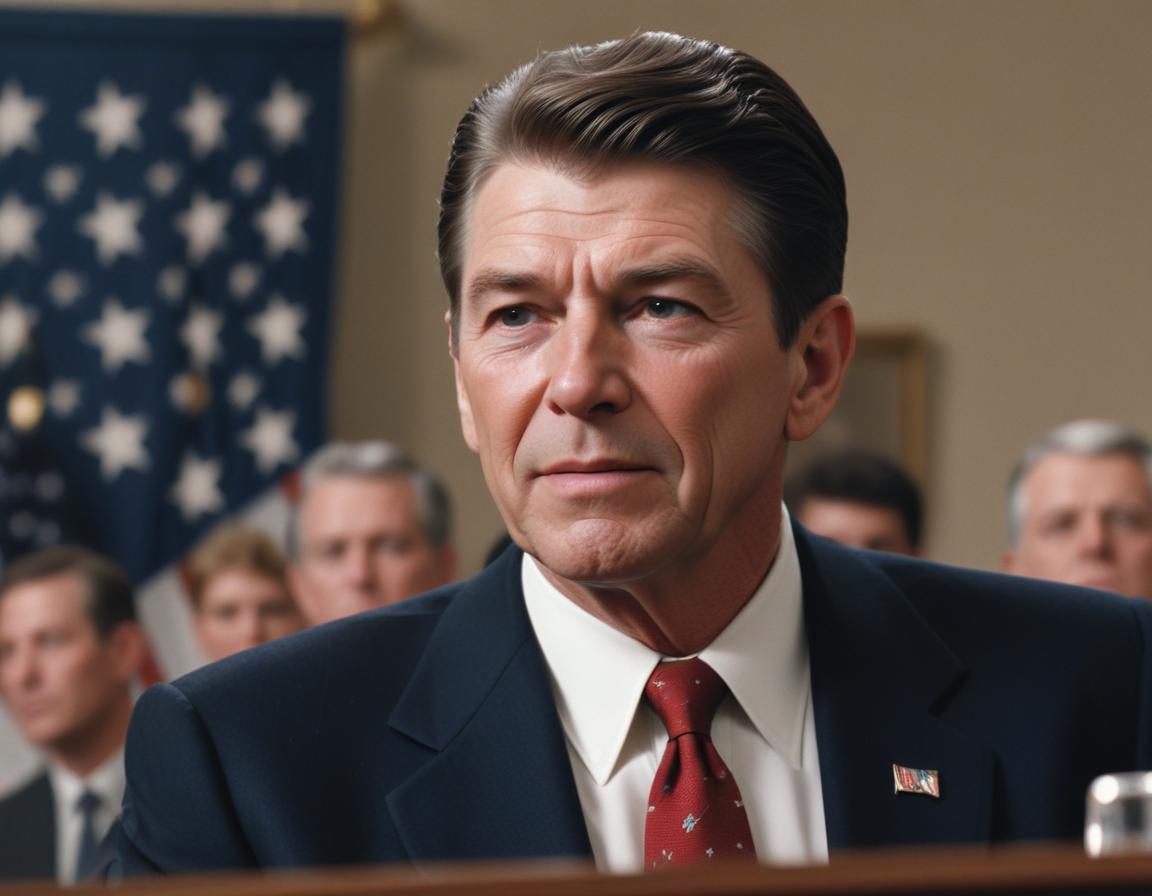
As American politics evolves under the influence of entertainment, stakeholders across sectors must adapt. Here’s what can be done:
- Voters need to become media-literate, discerning fact from spectacle.
- Policymakers should engage audiences creatively while staying substance-driven.
- Media professionals must navigate the fine line between informing and entertaining.
As this culture shifts, the convergence of politics and entertainment presents opportunities for deeper inclusivity and discourse. For instance, leveraging pop culture’s reach can galvanize voters and tackle pressing civic issues.
However, risks tied to misinformation and diminished public trust continue to loom large. The future will depend on managing this fusion responsibly, valuing critical thinking and informed dialogue over sensationalism.
“`

